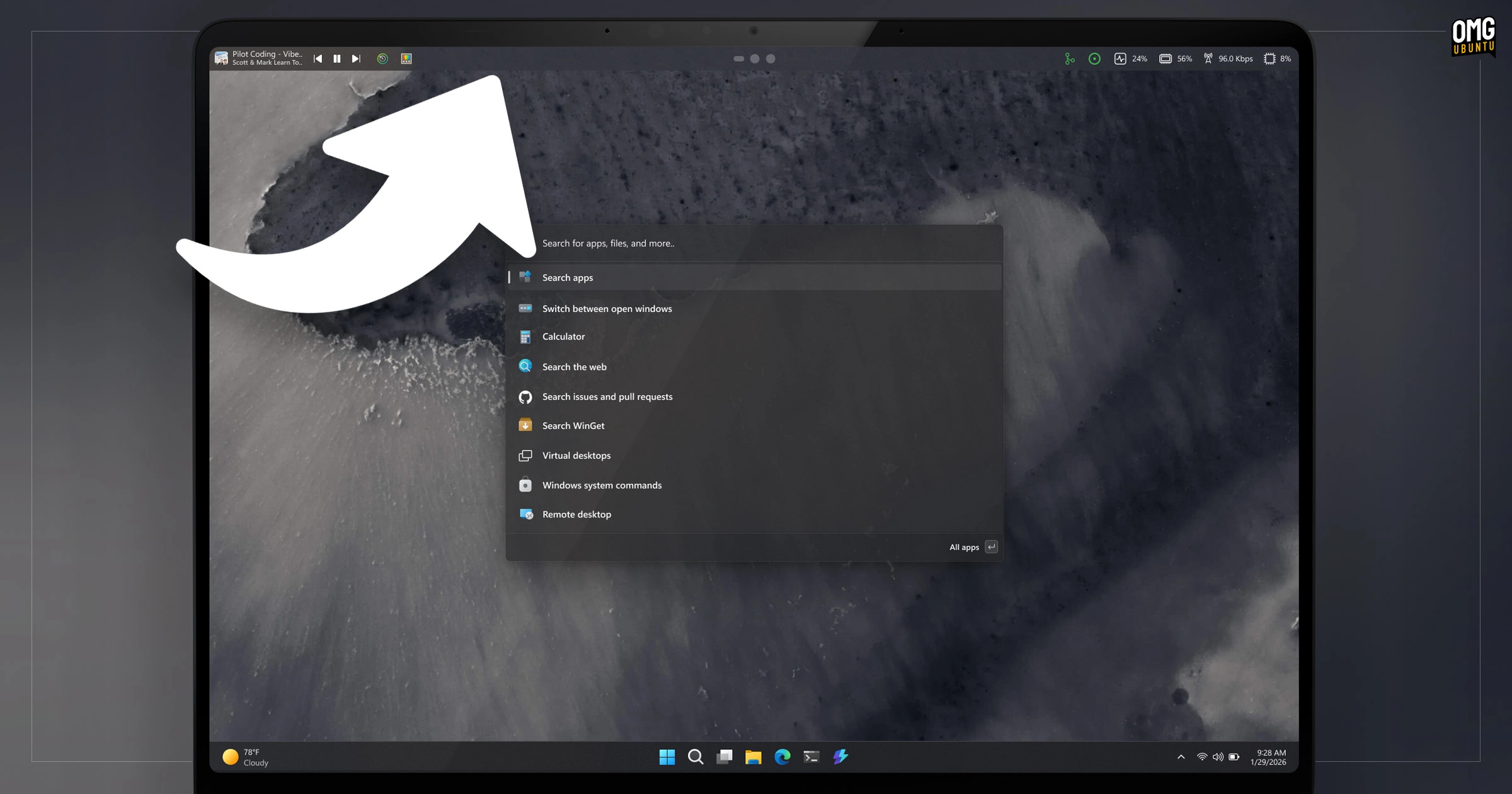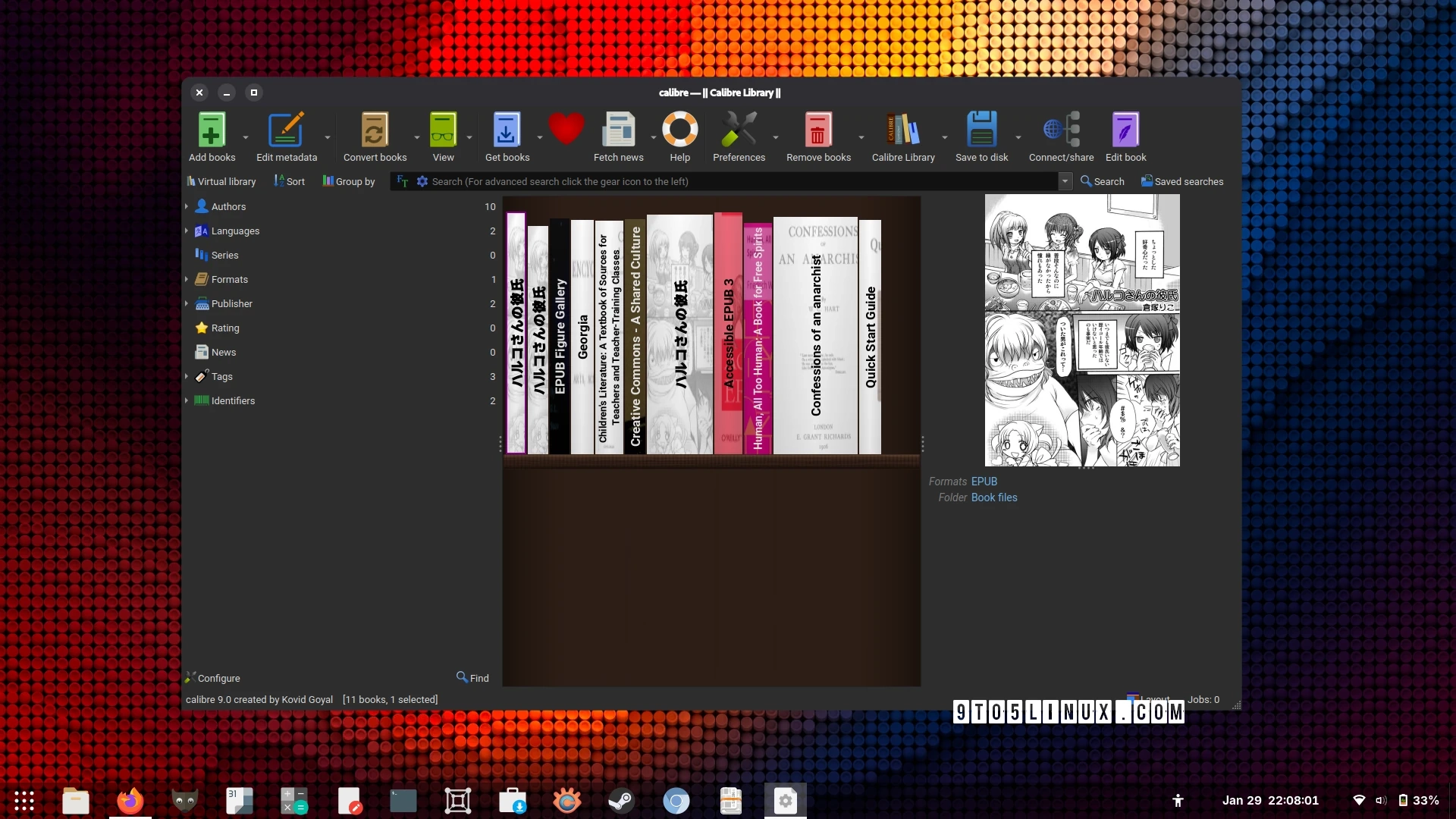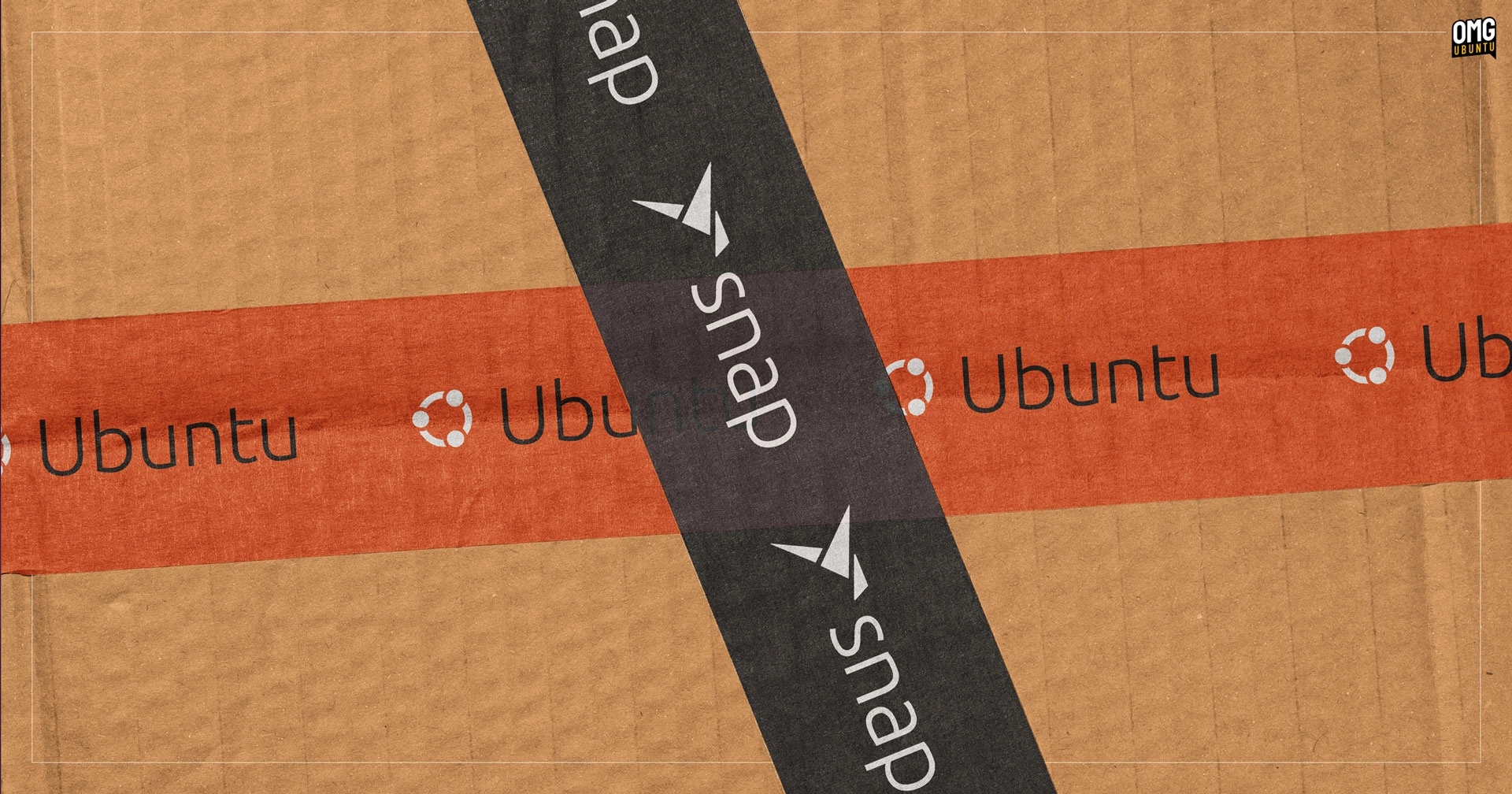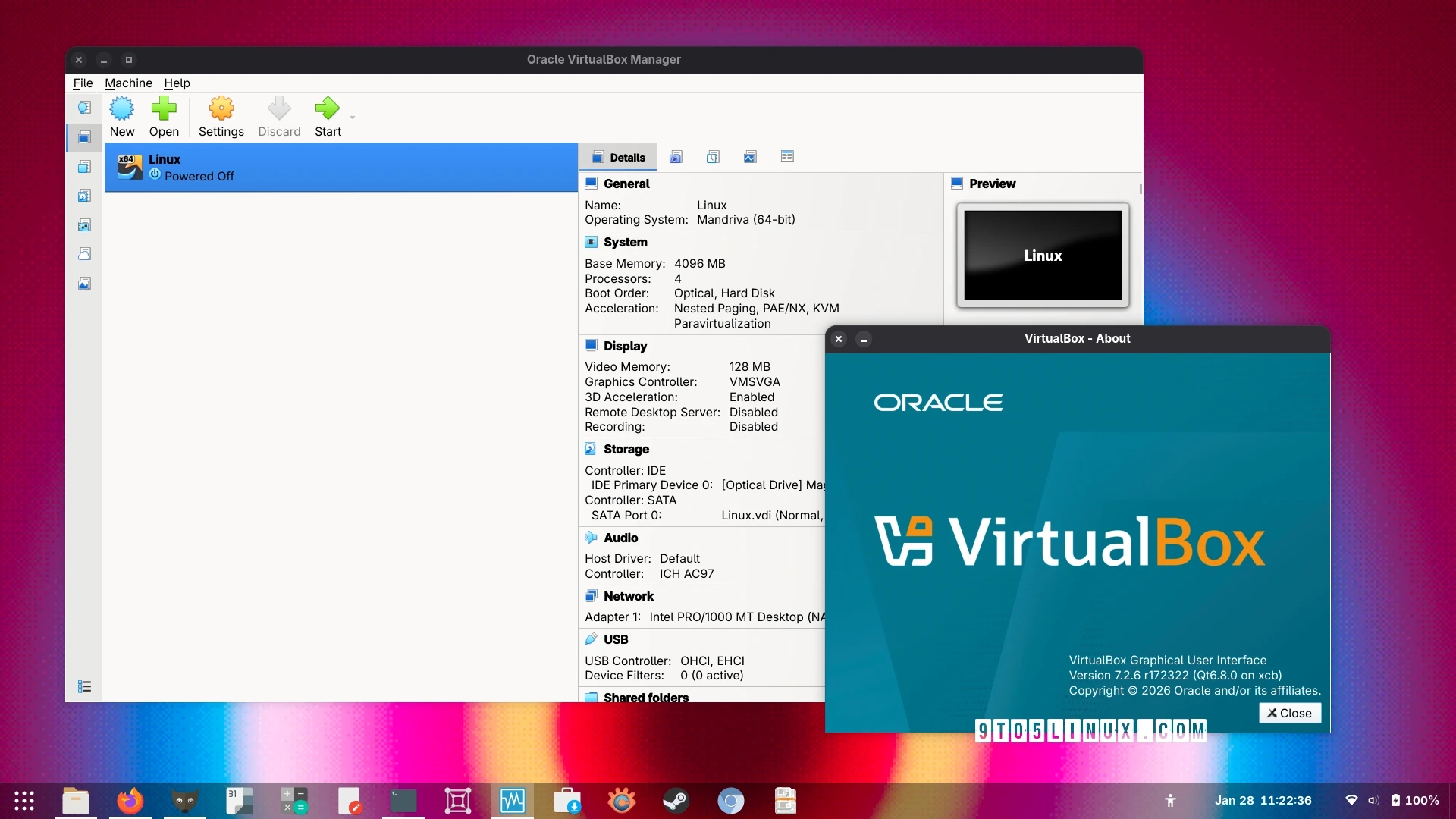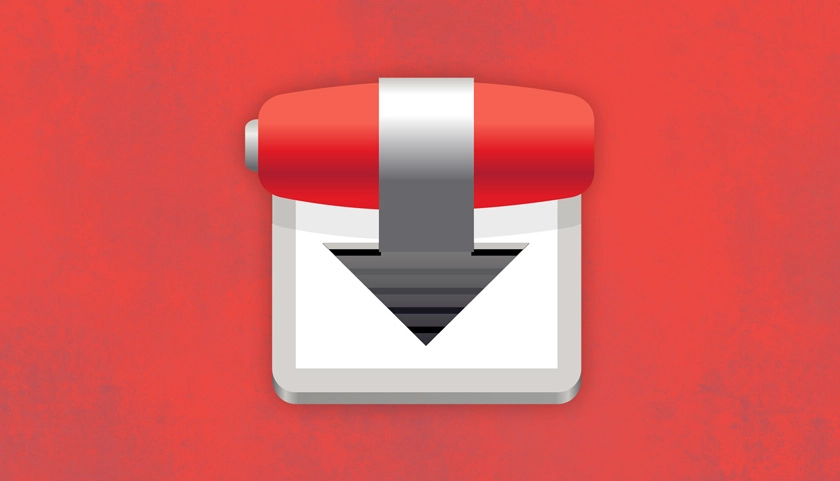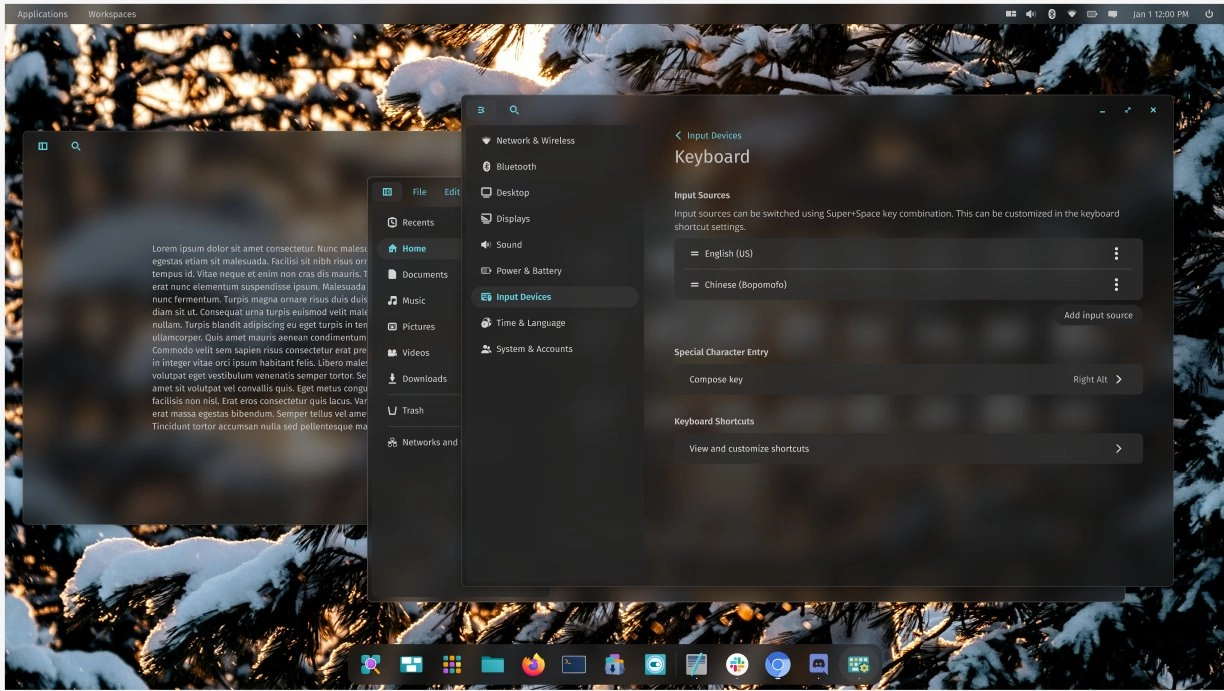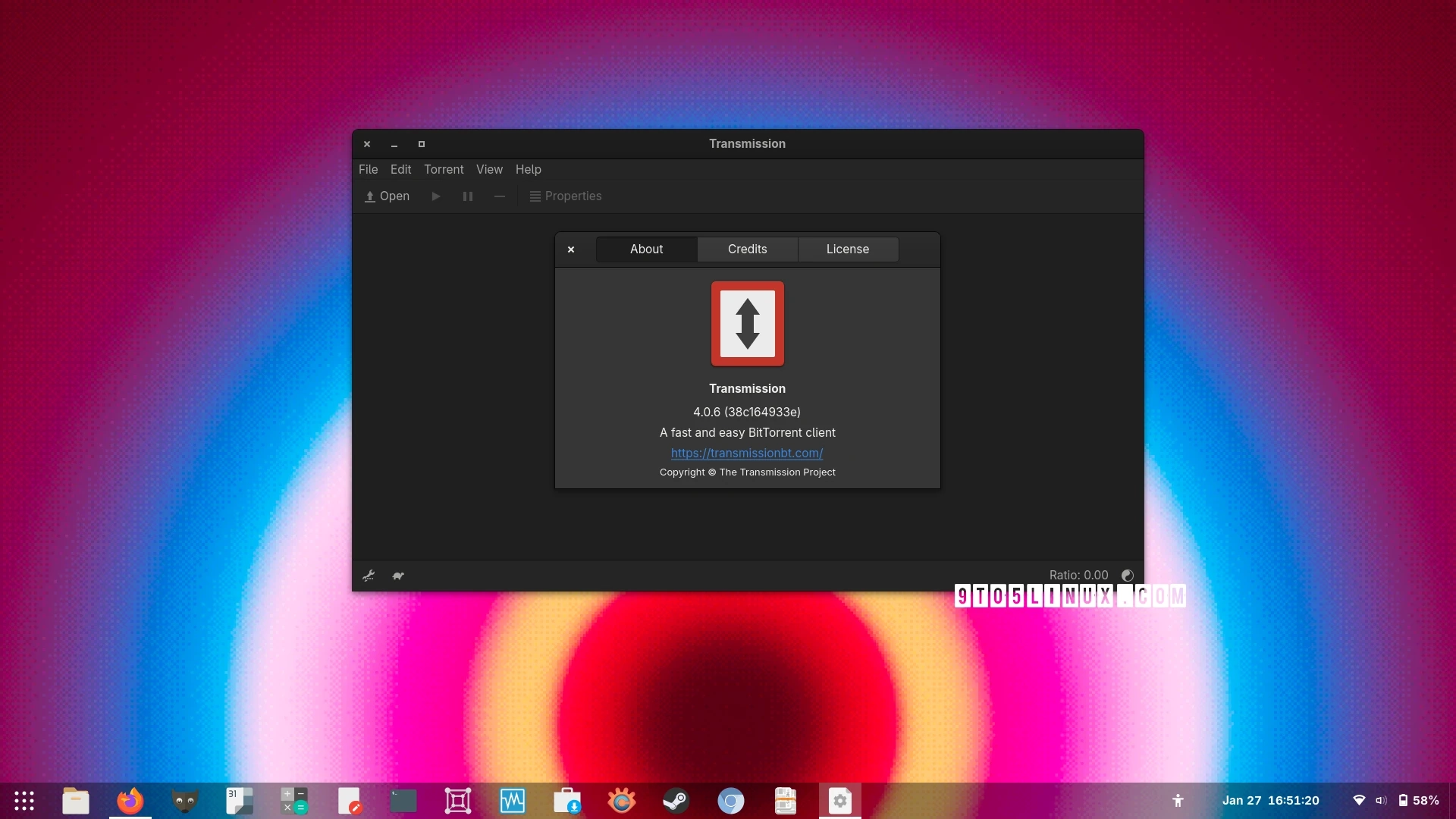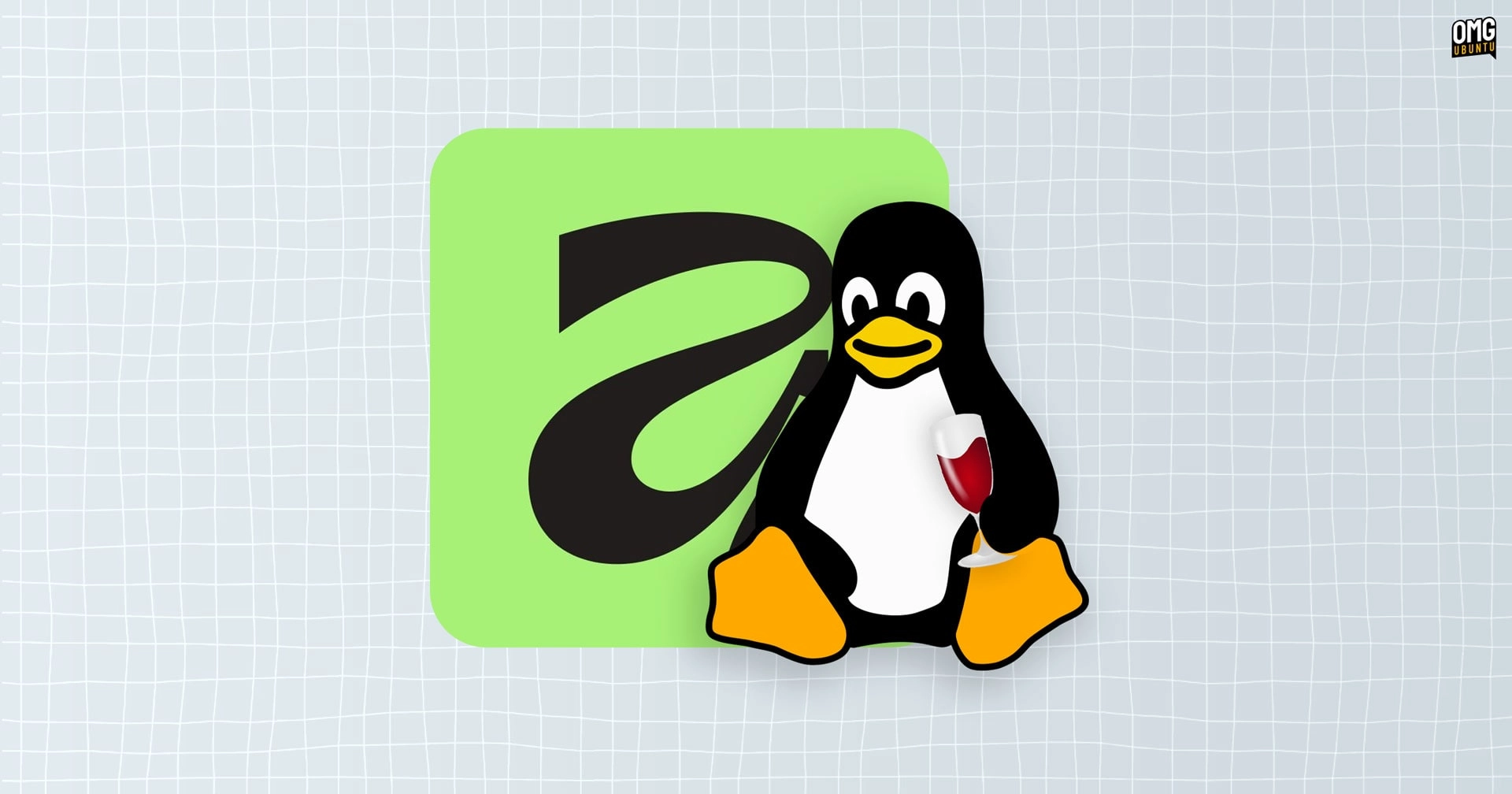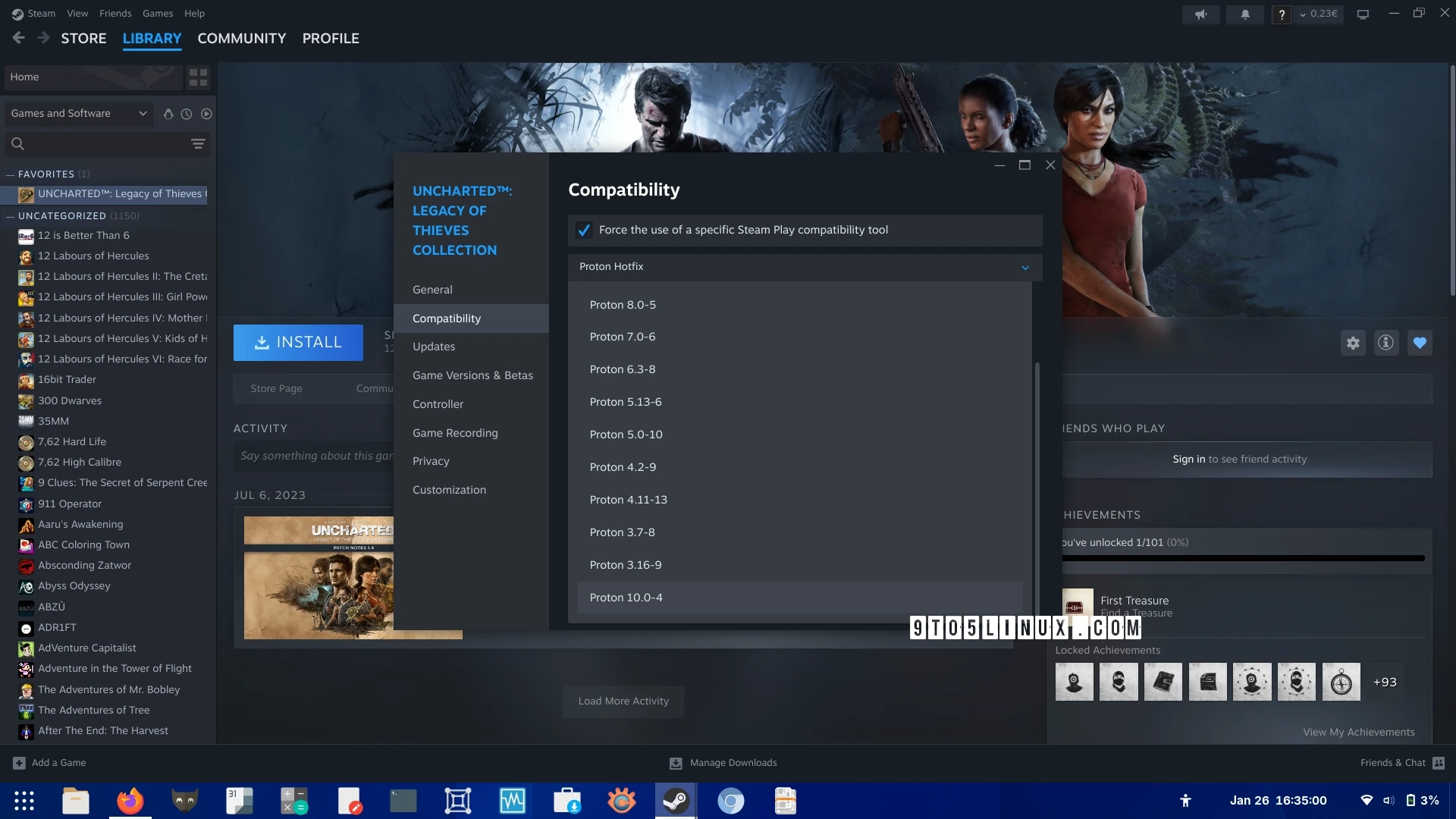-
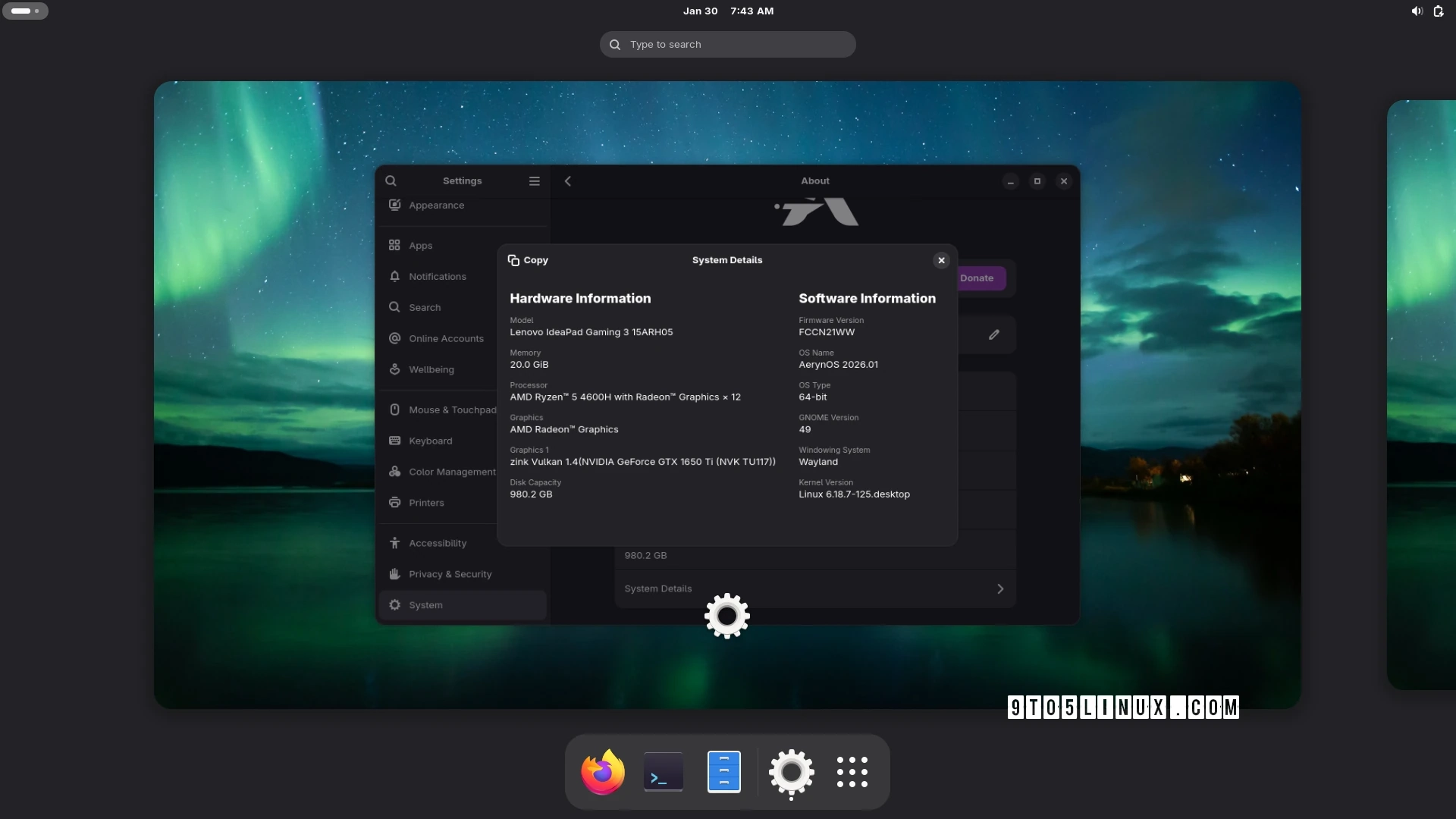
AerynOS 2026.01 Launches with Linux Kernel 6.18 LTS and GNOME 49.3: Discover the New Features!
The AerynOS team has announced the release of AerynOS 2026.01, the latest ISO snapshot of this independent Linux distribution originally developed by ex-Solus creator Ikey Doherty. This release is built on the Linux 6.18 LTS kernel, which is set to be supported until December 2027. The default live environment includes the new GNOME 49.3 desktop,…
-

Bringing Linux Flair to Windows: Microsoft PowerToys Proposes a New UI Revolution
Microsoft is considering a new feature for PowerToys that draws inspiration from Linux’s user interface, specifically a Command Palette Dock designed for Windows users. This proposal allows for a second panel on the desktop, which can include widgets, and offers customizable positioning and theming options—elements commonly found in Linux desktop environments but not inherently available…
-

Calibre 9.0 Released: Discover the New Bookshelf View in This Open-Source Ebook Manager!
Calibre 9.0, the latest version of the popular open-source ebook management software, has been released, introducing several new features and enhancements that enhance user experience. One of the standout additions is a new Bookshelf view, which presents ebooks in a visually appealing manner, showing their spines. This makes browsing through one’s library more intuitive and…
-

How to Free Up Disk Space by Removing Old Snap Versions
Running low on disk space in Ubuntu can be frustrating, especially if you’re working with a small partition. A common culprit for this problem is the accumulation of old Snap revisions. If you find yourself short on space, before uninstalling applications or clearing caches, consider checking your Snap backups. Recently, I noticed that my 40GB…
-

VirtualBox 7.2.6 Launches with Initial Support for Linux Kernel 6.19
Oracle has released VirtualBox 7.2.6, the third maintenance update in the VirtualBox 7.2 series of their cross-platform virtualization software. This version introduces initial support for the upcoming Linux 6.19 kernel, alongside various improvements and fixes. One of the significant enhancements in this release is improved full-screen support for multi-monitor setups. Additionally, it provides support for…
-

Transmission 4.1.0 Now Available: Introducing Sequential Downloading and IPv6 UDP Tracker Support
A new version of the open-source Transmission BitTorrent client, 4.1.0, has been released, featuring various enhancements and user interface improvements across its GTK, Qt, and WebUI builds. The development team expressed their excitement over this completion, stating, "We’ve been working on this release for over a year now." Key updates in Transmission 4.1.0 include: IPv6…
-

Sneak Peek: COSMIC Desktop’s Stunning ‘Frosted Glass’ UI Effect
COSMIC Desktop is continuously evolving, with a fresh "Frosted Glass" UI effect previewed for its upcoming Epoch 2 release. This new feature, revealed by System76 co-founder Carl Richell, promises to add a stylish blur effect reminiscent of frosted glass to the interface. The engineering team has chosen a more efficient method for this effect called…
-

Transmission 4.1: A Major Update for the Open-Source BitTorrent Client
Transmission 4.1 has been unveiled as a significant update to the renowned open-source BitTorrent client, which is available across various platforms and features both GTK and Qt-based interfaces, a headless daemon, and a web user interface. This latest version comes nearly three years after Transmission 4.0 and brings a host of enhancements aimed at improving…
-

Run Canva’s Affinity on Ubuntu with This Unofficial AppImage
Linux has long been criticized for the absence of native applications like Adobe Photoshop and Illustrator. While there are capable open-source alternatives, many users prefer not to relearn different tools. Currently, a workaround exists for running Affinity v3 on Linux, thanks to the Windows compatibility layer, Wine. Acquired by Canva in 2024, Affinity transitioned to…
-

Proton 10.0-4 Launches with Enhanced Compatibility for Drop Dead: The Cabin and Quantum Threshold
Valve has launched Proton 10.0-4 as the newest stable version of its open-source compatibility tool that allows Windows games to run on Linux through Steam Play. This update significantly enhances the gaming experience with expanded support for numerous titles. Among the new games now supported are Drop Dead: The Cabin, Quantum Threshold, and others such…
